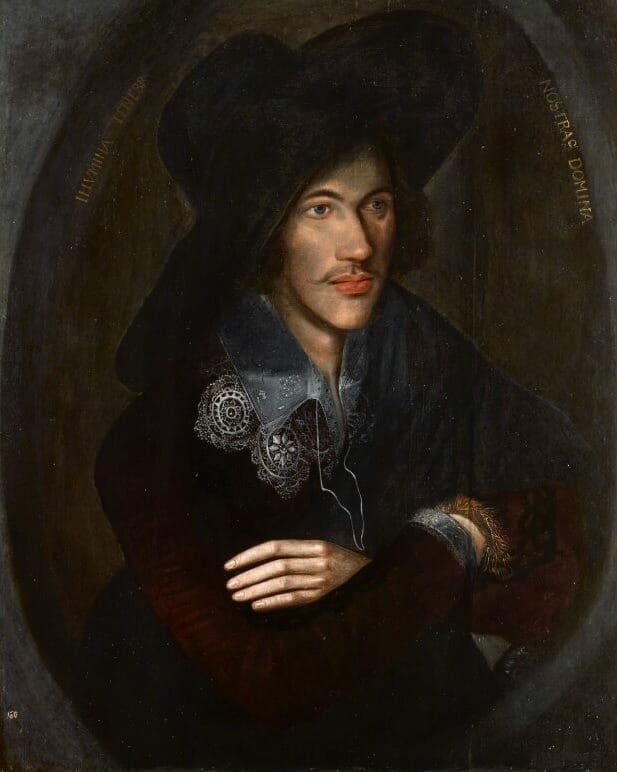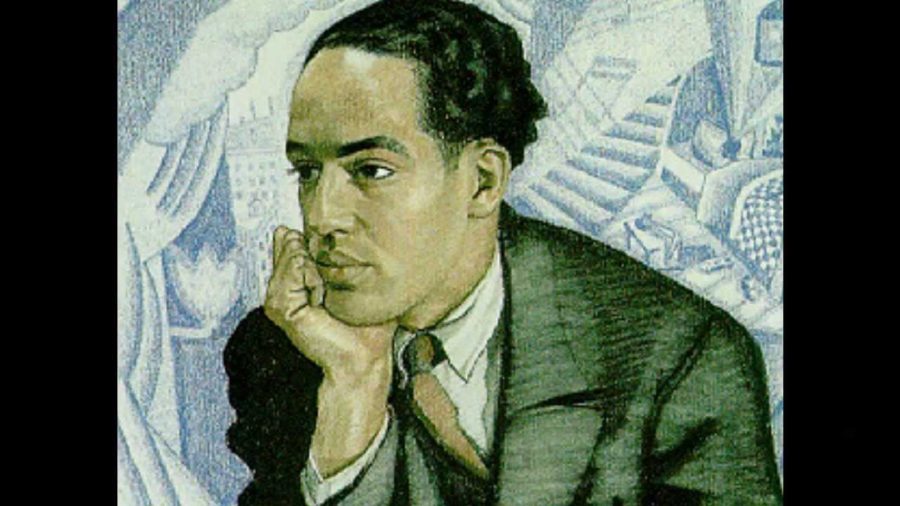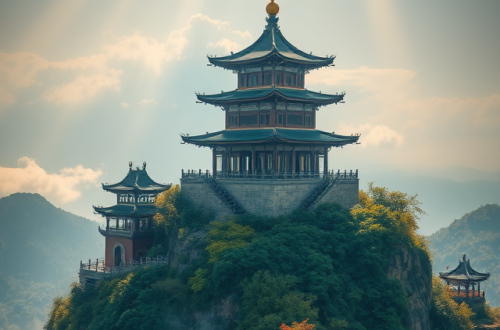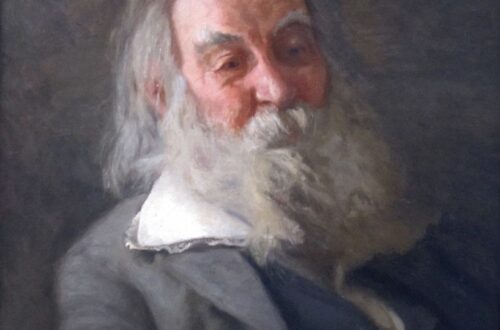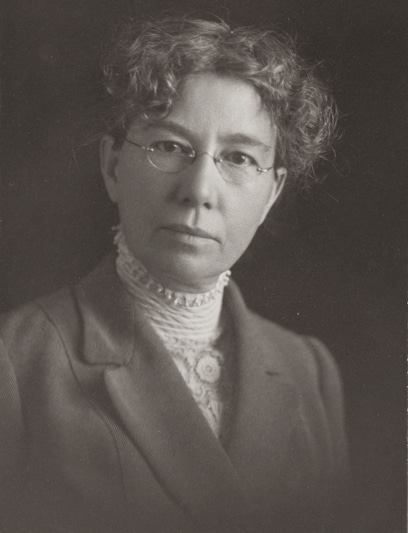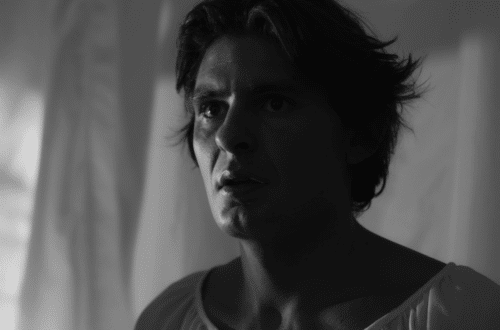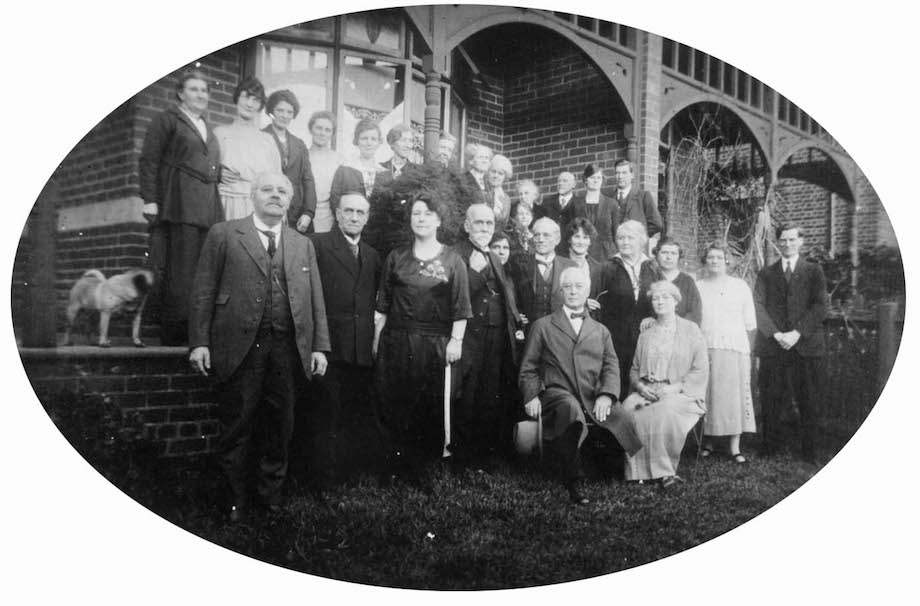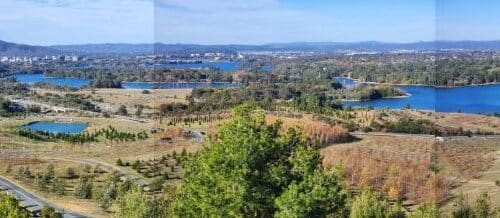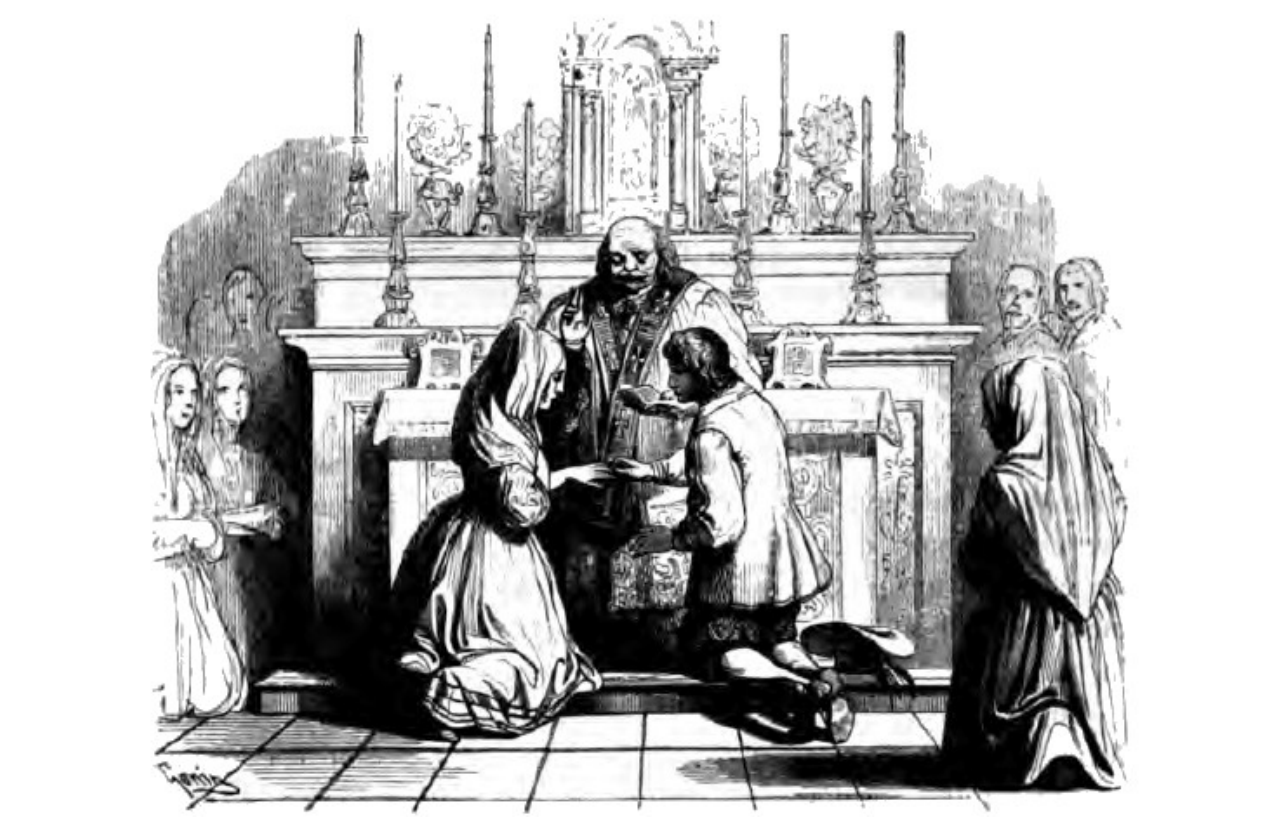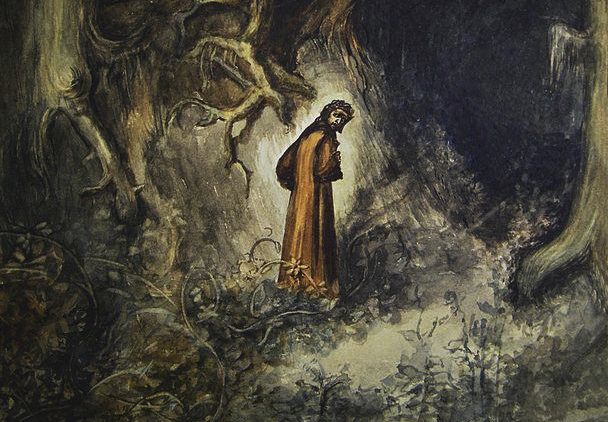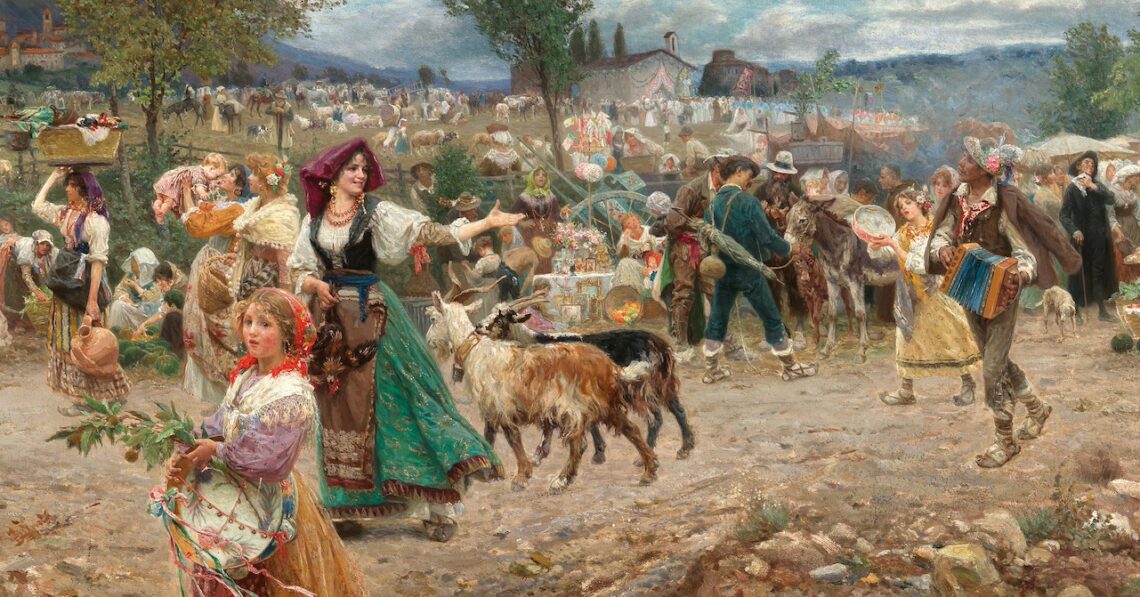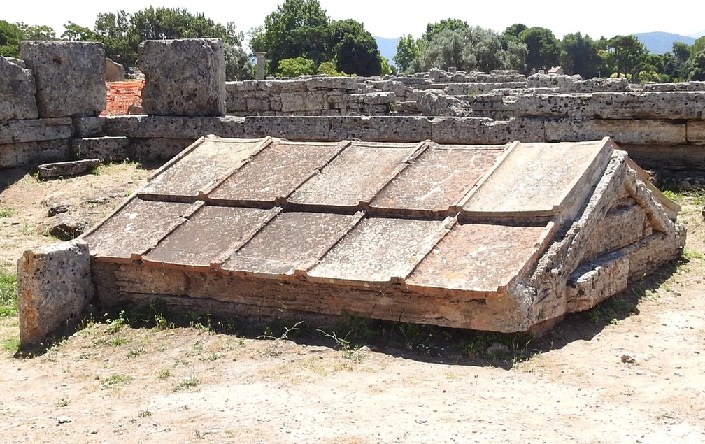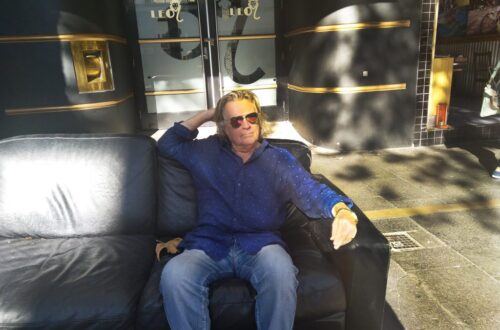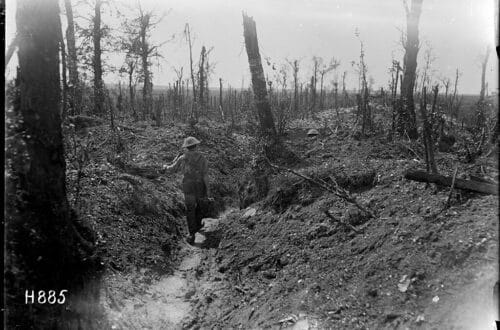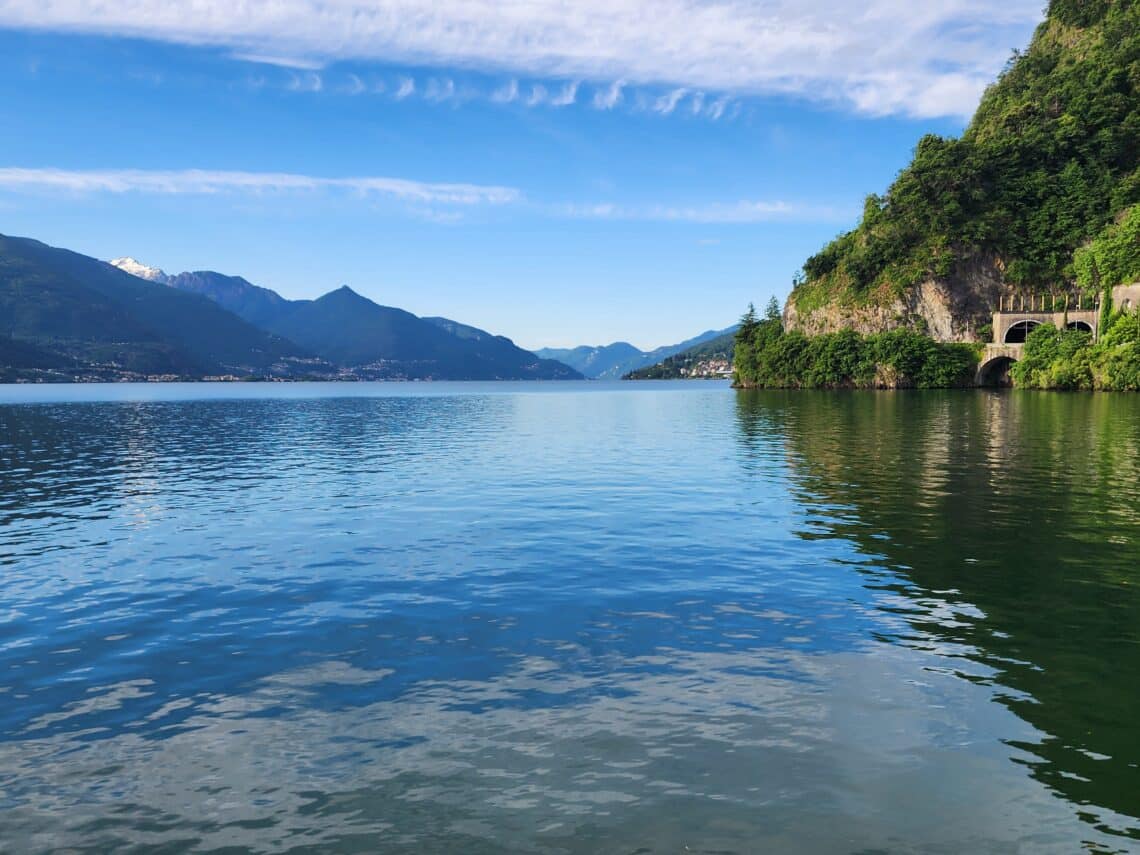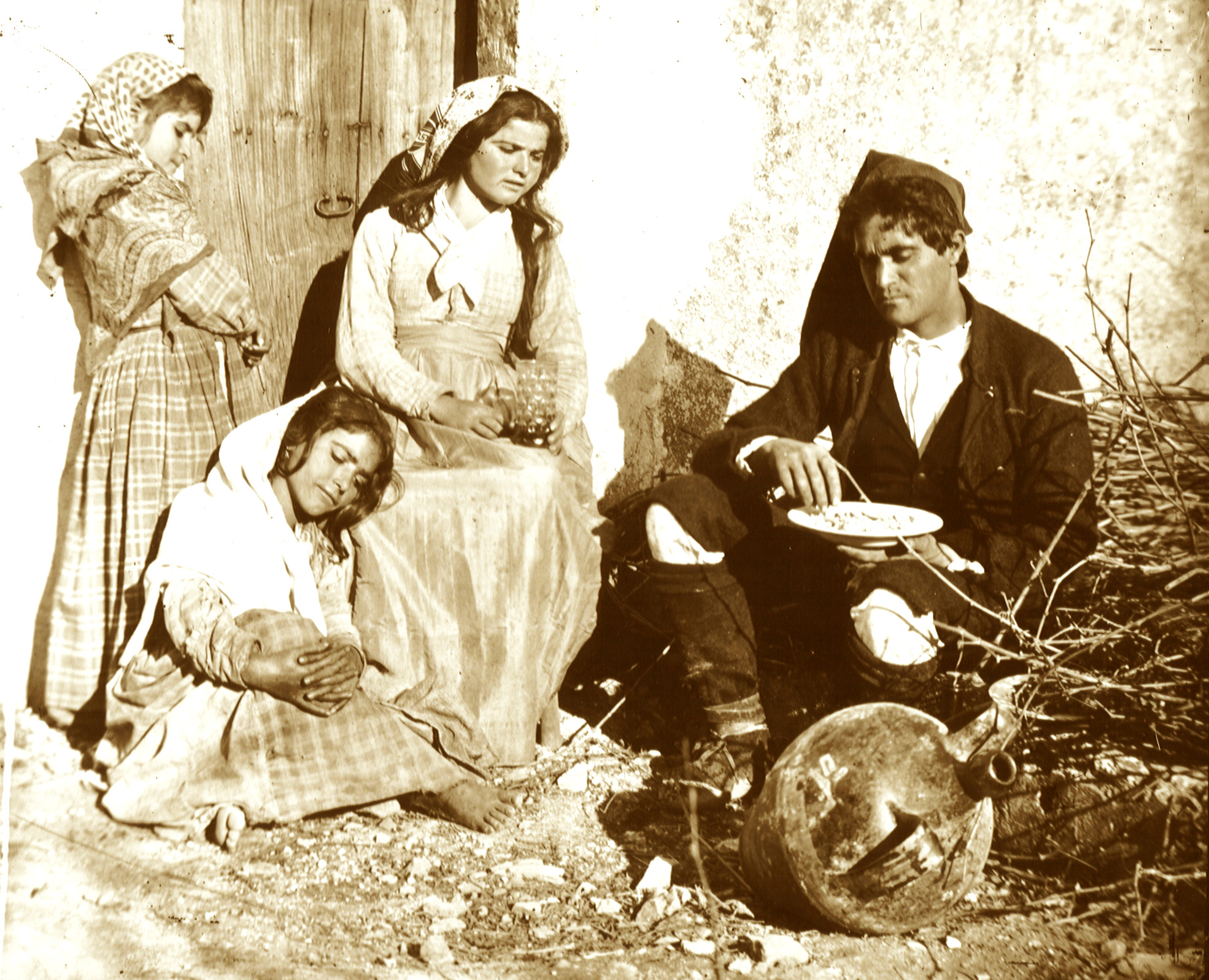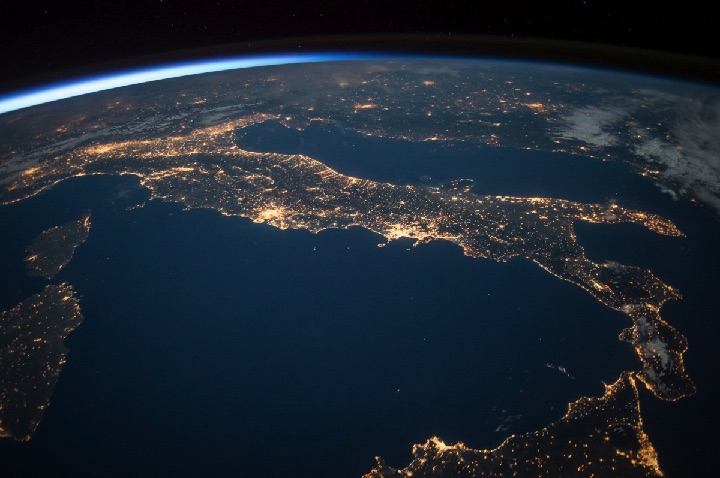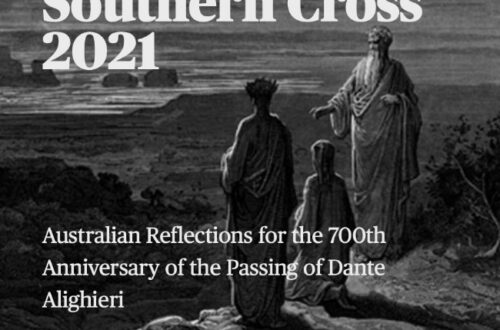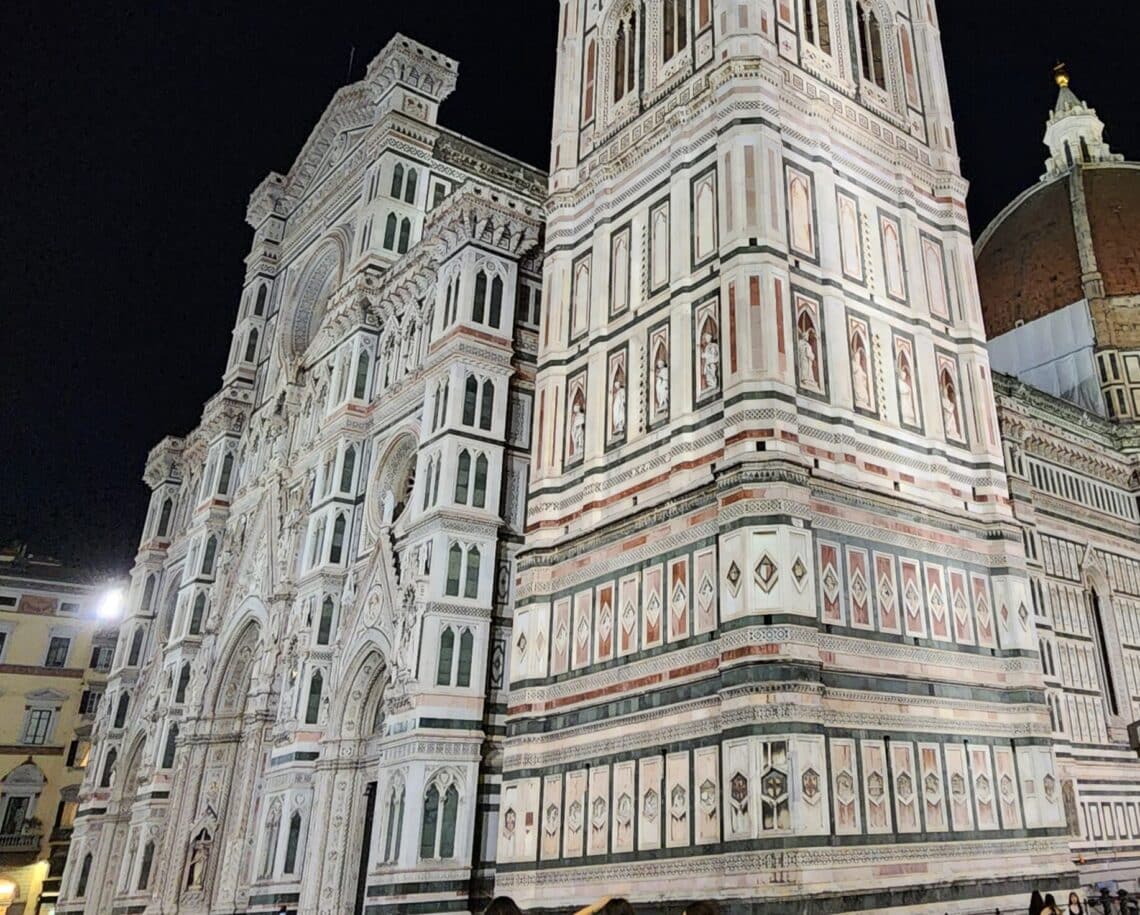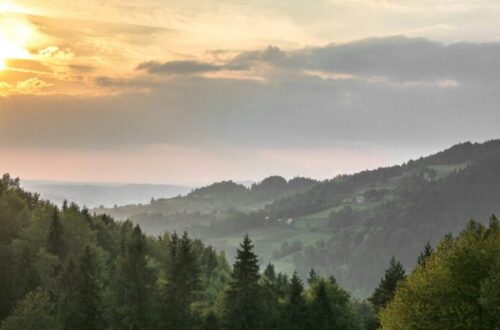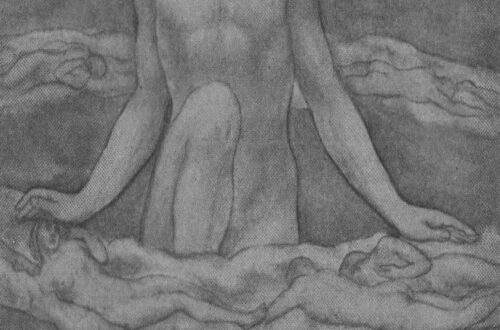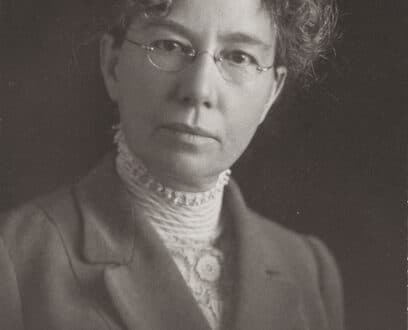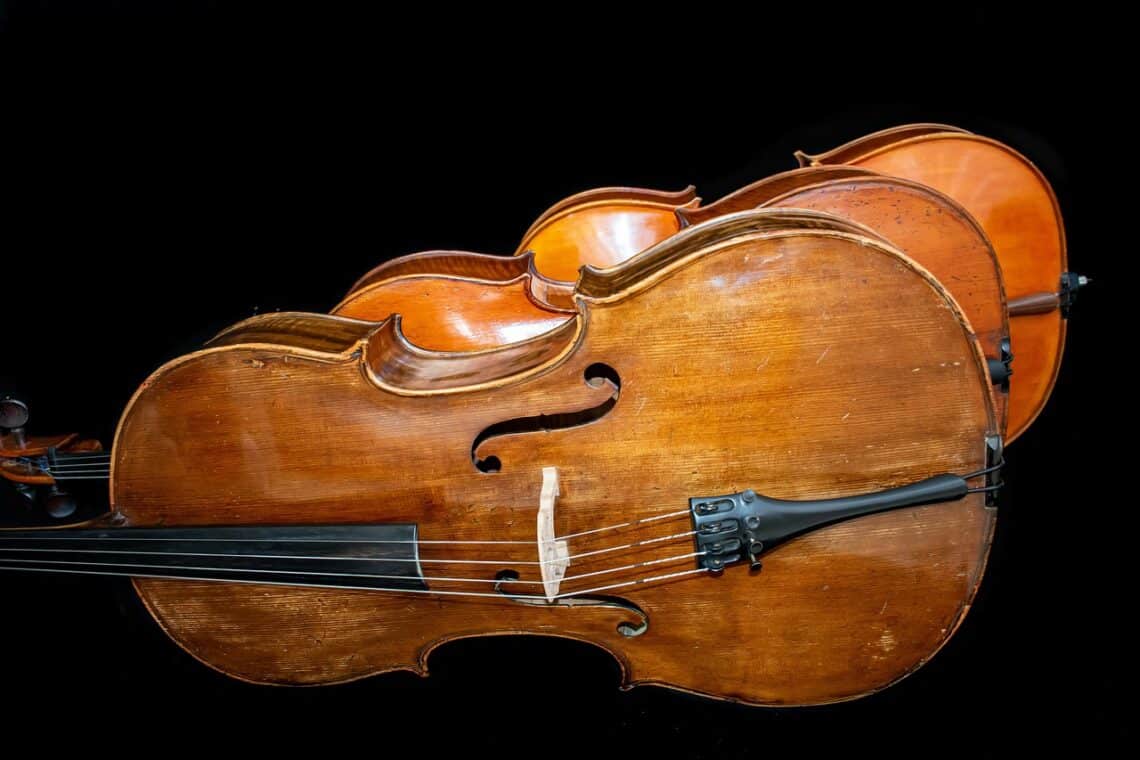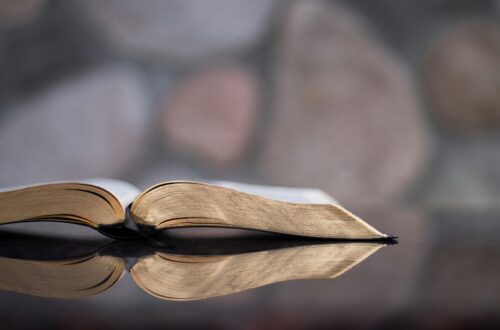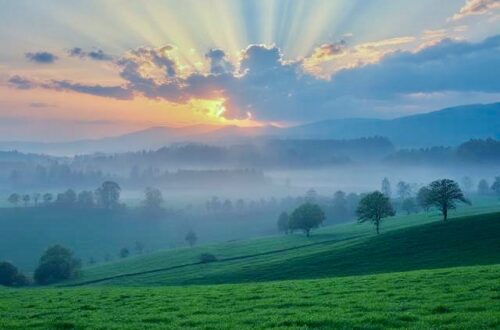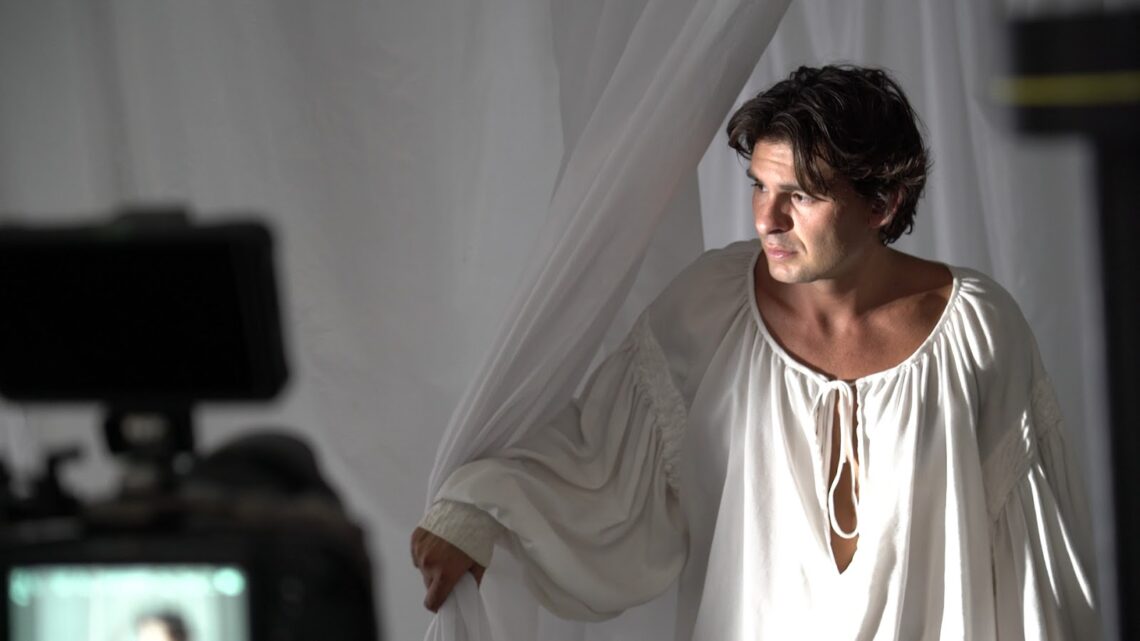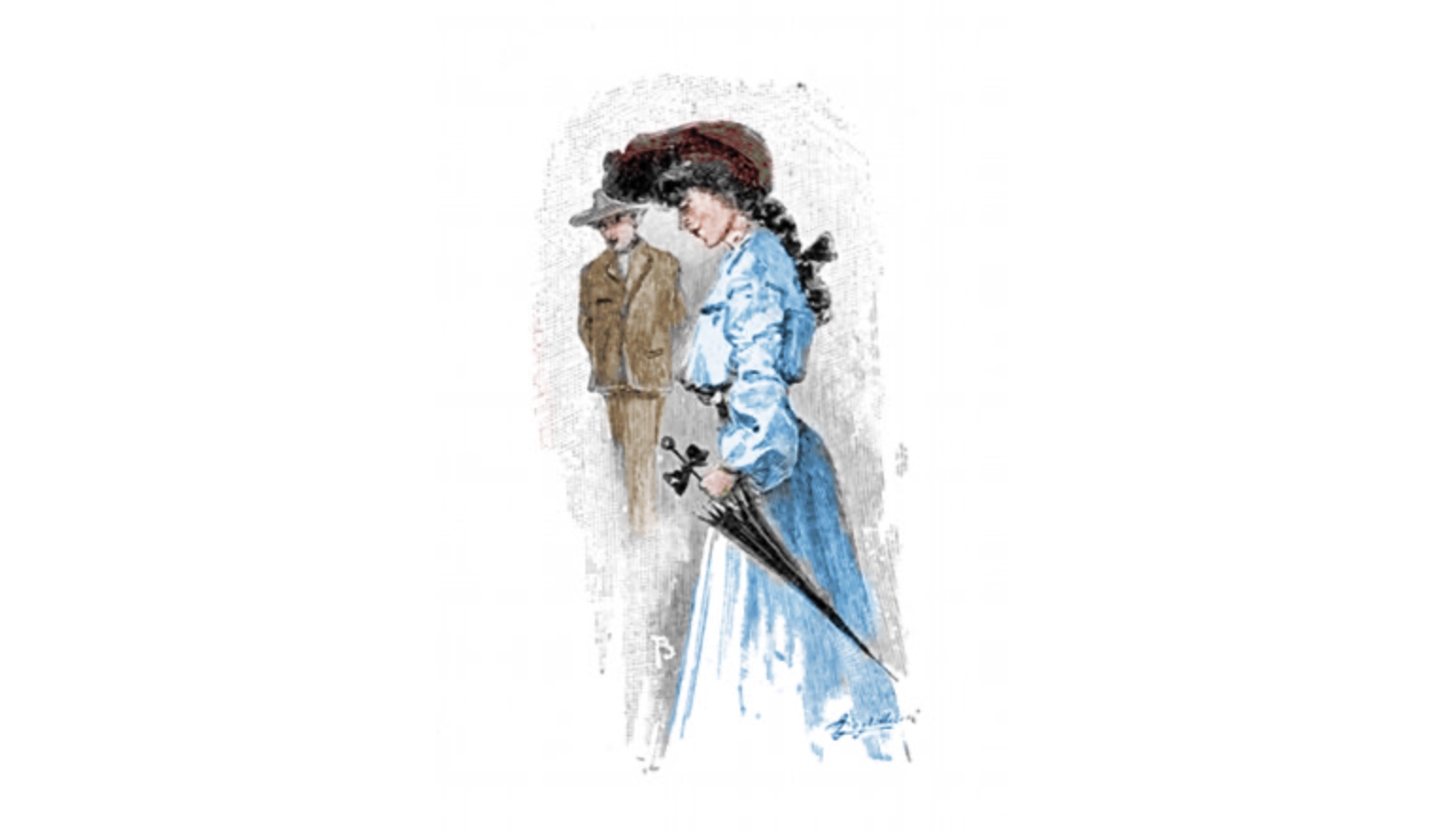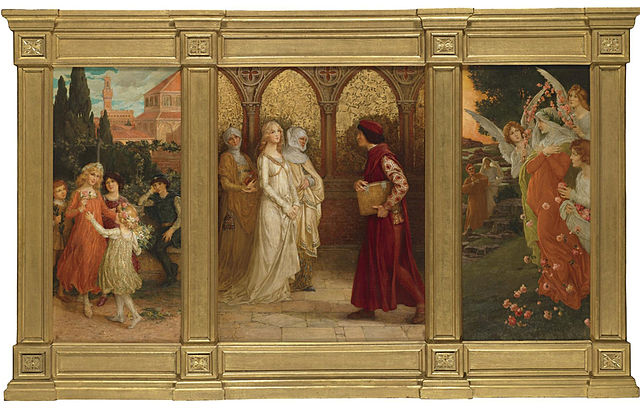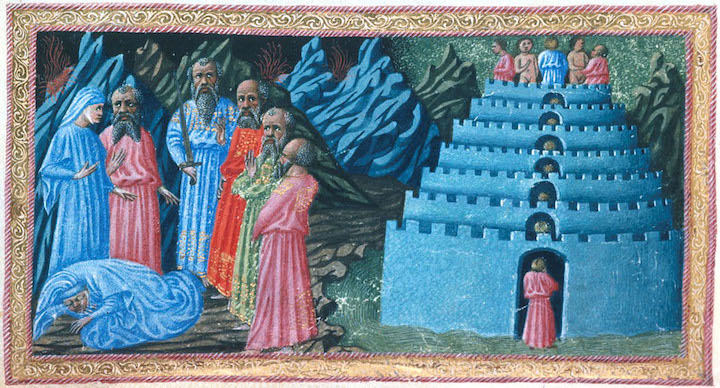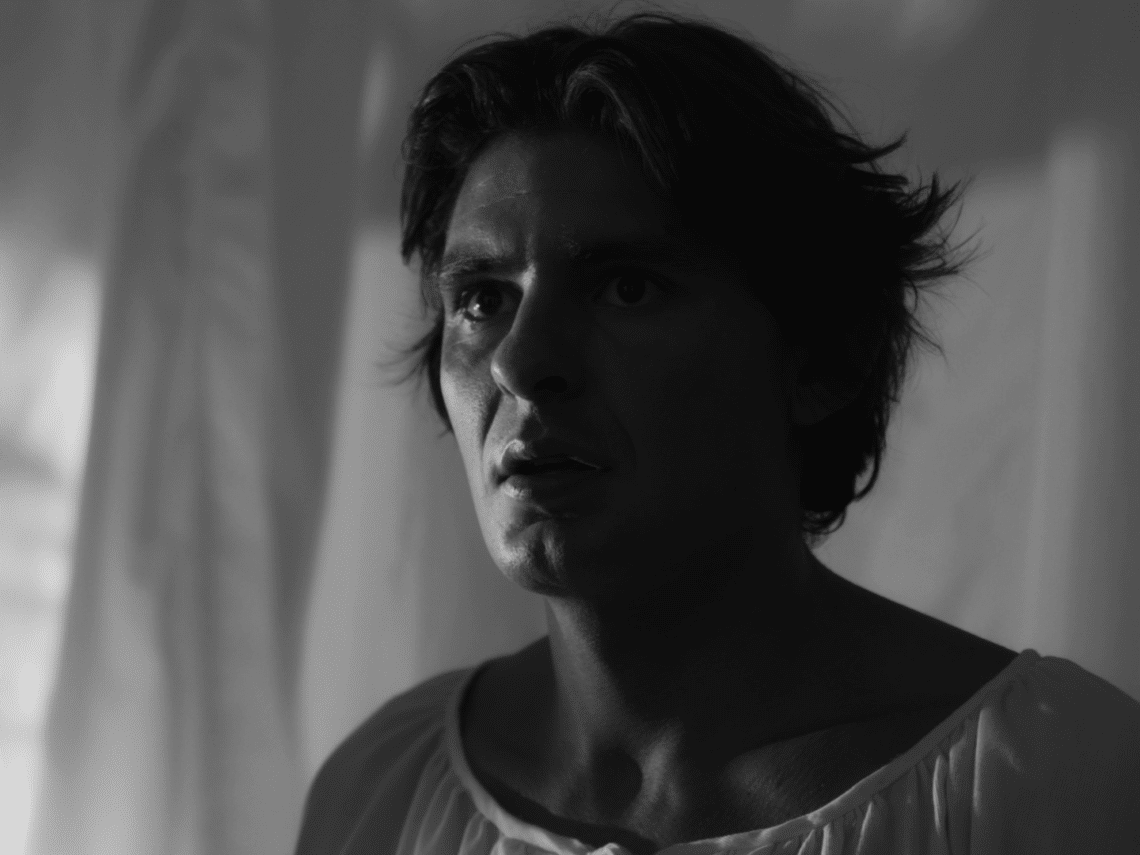-
John Donne’s For Whom the Bell Tolls: with translation
John Donne’s passage For Whom the Bell Tolls is most familiar to audiences of our time through Ernest Hemingway’s novel of the same name, set in the Spanish civil war. John Donne’s words are often understood today as a poem (and they are indeed poetic). However they come from a book of devotions, and a longer contemplation on the meaning of the bell. John Donne lived in seventeenth century England. The tolling of the bell was a constant reminder of the call to prayer, and when in 1624 he wrote the passage, John Donne was Dean of St. Pauls (then one of the highest offices of the Anglican church). Il…
-
Mary Gilmore – Nationality, a Response and a Little Ghost
Australian poet, Dame Mary Gilmore (1865-1962) was knighted for her services to literature and feted for her work. She was born in Goulburn and educated near Wagga Wagga. She became a teacher in 1883 and joined the ‘New Australia’ movement, a colonial settlement in Paraguay, inspired by social utopianism. Disillusioned and by then married, she returned with her husband and child to Australia in 1902. She began writing for the Australian Worker from 1908, contributing on social and economic issues. In 1938 she was appointed a Dame. During her life she published both poetry and prose in numerous works. Her war related poetry enhanced her fame, including the patriotic poem,…
-
Salvatore Quasimodo: Uomo del mio tempo – Man of my time
Uomo del mio tempo Man of my time Sei ancora quello della pietra e della fionda, uomo del mio tempo. Eri nella carlinga, con le ali maligne, le meridiane di morte, t’ho visto – dentro il carro di fuoco, alle forche, alle ruote di tortura. T’ho visto: eri tu, con la tua scienza esatta persuasa allo sterminio, senza amore, senza Cristo. Hai ucciso ancora, come sempre, come uccisero i padri, come uccisero gli animali che ti videro per la prima volta. Still, the stone and sling rest easily in your hand Man of my time. There you were in the cockpit, on wings of evil, casting meridians of death, I…
-
Giacomo Leopardi’s Il Sabato del villaggio – Village Saturday
La donzelletta vien dalla campagna, In sul calar del sole, Col suo fascio dell’erba; e reca in mano Un mazzolin di rose e di viole, The maiden returns from the meadows, At setting of sun, Bringing her bundle of herbs; and in hand, A garland of roses and violets, Onde, siccome suole, Ornare ella si appresta Dimani, al dì di festa, il petto e il crine. And, as is custom, The next day, she prepares and adorns For the festival, her breast and her hair. Siede con le vicine Su la scala a filar la vecchierella, Incontro là dove si perde il giorno; E novellando vien del suo buon tempo,…
-
Alessandro Manzoni’s Farewell to Como
It’s no accident that Italy used to be many countries, as we discovered on a recent road trip around northern Italy. Even that subset of Italian landscapes is full of stunning contrasts. Mountains and sea and thousands of years of diverse horticulture create different environments wherever you go. The climate on the east of the Italian peninsula is drier and different to that on the west. The north is more influenced by the climate of the continent and the Alps. The south is bathed in Mediterranean waves and the Sirocco wind from the Sahara. Of course much is shared, and the swallows are certainly unfazed by such changes. For them…
-
The sparkling Duomo in the darkness
The sparkling Duomo in the darkness Il duomo scintillante nel buio Stone outlined in green and rose and white As if it were paper cut out by giant’s hand As if the stone itself glows with inner light Tourists, unthinking, circumambulating this glimmering Kaaba. Like them, I am in awe, shivering at its wonder Tier upon tier, panel upon panel drawing eye upward Into lost and questioning darkness above This endless flow of humanity, come to worship its beauty Do we do well to come here? And in the beauty, do we find some echo of the nameless? Pietra tracciata di verde, rosa e bianco Come se fosse carta tagliata…
-
Family – Sometimes the most ordinary can be the most beautiful
Sometimes the most ordinary can be the most beautiful. Such was the case with the inspiration for this poem about a family who were singing together one evening. Talvolta il più quotidiano può essere la cosa più bella. Tale è stato il caso per l’ispirazione di questo poema che tratta di una famiglia che una sera cantava insieme. Harmonies rising, faces aglow, Mother, father, daughter, Spanning God’s creation. Armonie in ascesa, facce baglianti, Stavano padre, figlia, madre, Abbracciando tutta la creazione. Daughter fulcrum of their song, Within, low lighting and deep shadows. La figlia, il fulcro del loro canto Nella sala, luce bassa ed ombre scure If you saw them…
-
Behind the scenes interview: Juliet is dead: Romeo’s Lost Scene
In the video below, director filmmaker Rhianna Spooner and author/translator Michael Curtotti talk about Juliet is Dead: Romeo’s Lost Scene: the new release short film dramatising a lost scene from the Romeo and Juliet story. That scene never made it into Shakespeare’s play. The video includes behind the scenes footage from the film shoot with J.K Kazzi and Gabriel Alvarado. An edited interview transcript (not including the behind the scenes footage in the video) is provided below. Introduction Hi, my name’s David Curry. I’m coming to you from Ngunnawal and Ngamberri country, Canberra. I’m very excited to be part of this launch of Juliet is Dead: Romeo’s Lost Scene. So…
-
Juliet is dead! In world first, Australian team films lost historical Romeo scene.
Press Release: Shakespeare’s Romeo and Juliet has long entranced audiences worldwide, but what if there’s more to the story? In a groundbreaking first, an Australian team unveils a powerful scene from Matteo Bandello’s overlooked original Italian version, Romeo and Giulietta, which Shakespeare adapted. “Even though Romeo and Juliet is set in Verona, most people don’t know it’s an Italian story,” explains Italian-Australian author Michael Curtotti, who recently unveiled a fresh English translation of Matteo Bandello’s narrative. “It’s like appreciating Peter Jackson’s Lord of the Rings without acknowledging JRR Tolkien. Within Bandello’s rendition lies a trove of narrative richness that was left on the cutting room floor.” Led by director Rhianna…
